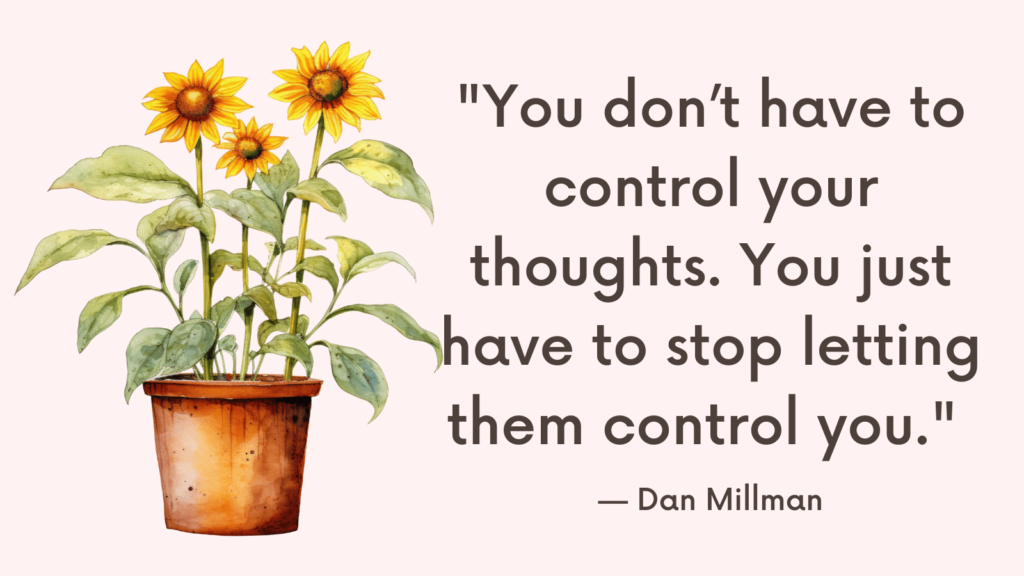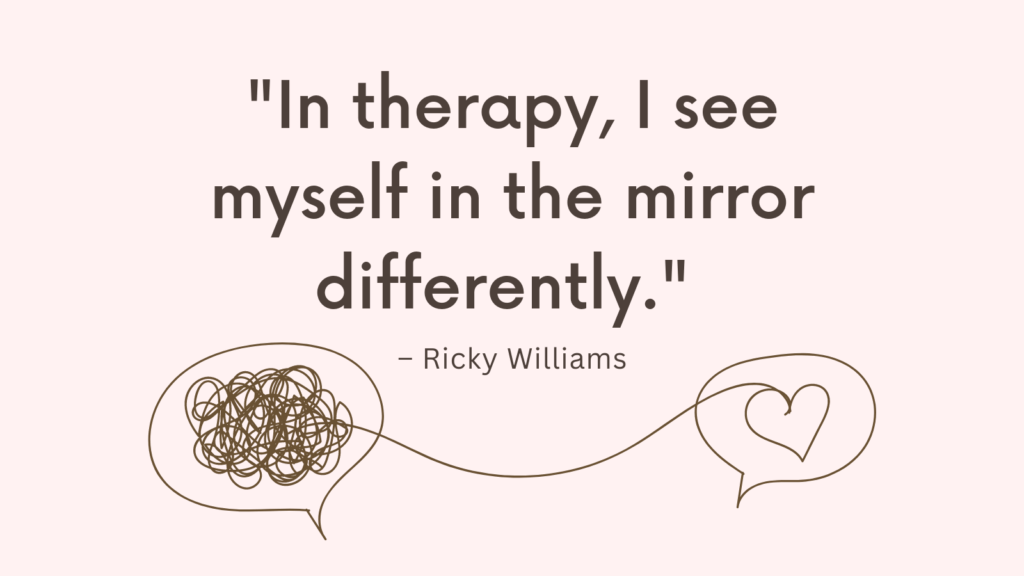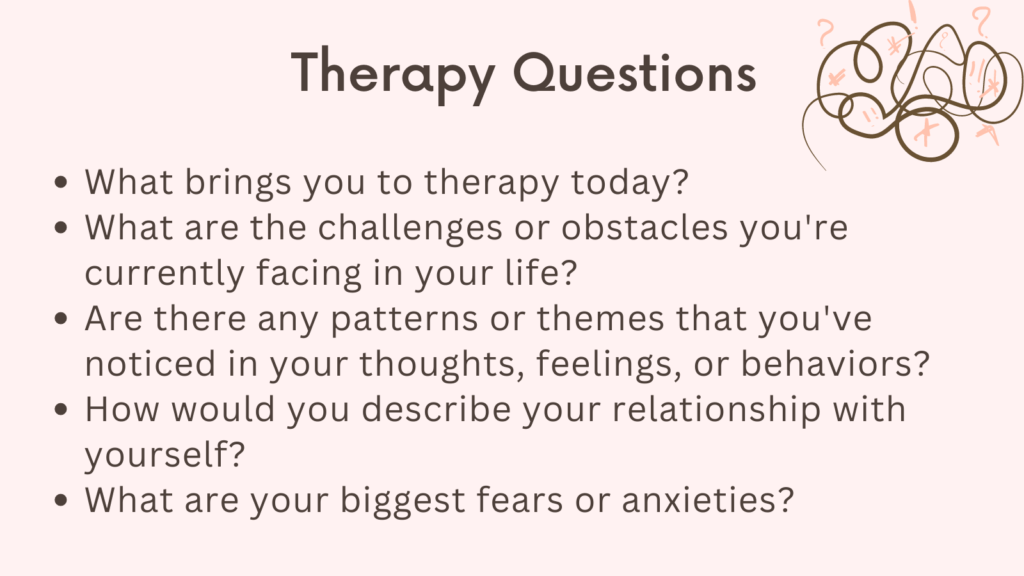In this post, you’re going to learn all about DBT pros and cons.
Dialectical Behavior Therapy (DBT) is an evidence-based treatment approach that combines elements of cognitive-behavioral therapy with principles of acceptance and mindfulness.
Originally developed to treat individuals with borderline personality disorder (BPD), DBT has since been found effective in addressing a wide range of mental health issues.
DBT Pros and Cons
Pros of DBT
1. Emphasis on Skill-Building
DBT focuses on teaching individuals specific skills to manage difficult emotions, interpersonal conflicts, and impulsive behaviors.
These skills include mindfulness, distress tolerance, emotion regulation, and interpersonal effectiveness.
By acquiring these skills, individuals gain practical tools to cope with distressing situations and enhance their overall emotional well-being.
2. Holistic Approach
DBT recognizes the interconnectedness of thoughts, emotions, behaviors, and the environment.
It addresses these components comprehensively, offering a holistic approach to mental health.
This integrative perspective allows for a more comprehensive understanding of an individual’s challenges and provides a framework for developing effective strategies for change.
3. Validation and Acceptance
DBT places great emphasis on validating an individual’s experiences and emotions.
Through validation, individuals feel heard, understood, and accepted, which can contribute to improved self-esteem and a greater willingness to engage in therapy.
The acceptance component of DBT promotes self-compassion and reduces self-judgment, enabling individuals to approach challenges with greater openness and resilience.
Related: Best 23 DBT Journal Prompts
4. Supportive Therapeutic Environment
DBT often includes weekly individual therapy sessions, skills training groups, and phone coaching between sessions.
This comprehensive support system provides individuals with ongoing guidance, validation, and accountability.
The consistency and regularity of these therapeutic interventions can foster a sense of safety and trust, enhancing the therapeutic relationship and promoting positive outcomes.
5. Effective for Various Mental Health Issues
Although initially developed for BPD, research suggests that DBT is effective in treating other conditions such as depression, anxiety disorders, substance use disorders, eating disorders, and post-traumatic stress disorder (PTSD).
Its flexibility in addressing multiple mental health concerns makes it a versatile treatment option for individuals with complex needs.
Related: Best 10 CBT Therapy Books
Cons of DBT
1. Intensive Time Commitment
DBT typically consists of multiple components, including individual therapy, skills training, and phone coaching, which require a substantial time commitment.
Attending all sessions regularly may be challenging for some individuals due to personal or professional obligations, potentially affecting treatment outcomes.
2. Limited Access and Availability
DBT, particularly in its standard format, may not be widely available in all areas.
It requires specially trained therapists who have completed intensive DBT training programs.
Limited access to DBT-trained therapists can make it difficult for individuals to access this treatment modality, especially in rural or remote areas.
3. May Not Be Suitable for Everyone
While DBT has demonstrated effectiveness for many individuals, it may not be the best fit for everyone.
Some individuals may prefer or respond better to alternative treatment approaches.
Additionally, those who struggle with intellectual disabilities or severe cognitive impairment may find it challenging to fully engage in and benefit from the complex therapeutic interventions offered in DBT.
Related: Best 40 Therapeutic Journal Prompts
4. Cost of Treatment
Due to its intensive nature and the need for specialized training, DBT can be costly.
Insurance coverage for DBT varies, and individuals without adequate insurance may face financial barriers when accessing this treatment.
The affordability of DBT may limit its accessibility for some individuals, particularly those with limited resources.
Who Can Benefit from DBT?
Dialectical Behavior Therapy (DBT) is a widely recognized and evidence-based treatment approach that was initially developed to help individuals with borderline personality disorder (BPD).
However, over time, research has shown its effectiveness in treating various other mental health issues.
1. Borderline Personality Disorder (BPD)
DBT was specifically designed to address the challenges faced by individuals with BPD.
The treatment targets the core symptoms of emotional dysregulation, impulsivity, unstable relationships, self-harm, and suicidal behaviors.
Through the integration of cognitive-behavioral techniques with acceptance-based strategies, DBT helps individuals develop skills to regulate their emotions, improve interpersonal effectiveness, and enhance their overall quality of life.
2. Substance Use Disorders
DBT has been found effective in addressing substance use disorders, particularly when they co-occur with BPD or other mental health issues.
By targeting emotional regulation and distress tolerance, DBT equips individuals with the tools to manage cravings, cope with triggers, and prevent relapse.
Additionally, by focusing on mindfulness and increasing awareness of internal experiences, DBT helps individuals develop healthier coping mechanisms that reduce the reliance on substances.
Related: How to Break the Addiction Cycle? [Definitive Guide]
3. Mood Disorders
Individuals with mood disorders, such as depression and bipolar disorder, can benefit from DBT.
While not a primary treatment for these conditions, DBT complements other evidence-based therapies like Cognitive-Behavioral Therapy (CBT) and medication management.
The skills taught in DBT, such as emotion regulation and mindfulness, can aid in managing mood fluctuations, reducing depressive symptoms, and increasing overall emotional stability.
4. Anxiety Disorders
DBT can be beneficial for individuals struggling with various anxiety disorders, including generalized anxiety disorder (GAD), social anxiety disorder, and post-traumatic stress disorder (PTSD).
The focus on mindfulness allows individuals to observe and accept their anxious thoughts and feelings without judgment.
Distress tolerance skills enable individuals to cope effectively with anxiety-provoking situations, while emotion regulation skills help decrease excessive worry and manage panic symptoms.
Related: How to Stop “What If” Anxiety Thinking?
5. Eating Disorders
In cases of eating disorders, DBT can complement other treatment approaches, such as cognitive-behavioral therapy or family-based treatment.
By targeting emotional dysregulation, teaching alternative coping strategies, and improving body image and self-esteem through acceptance-based techniques, DBT supports individuals in their recovery journey.
It also addresses impulsive behaviors, distress tolerance, and interpersonal difficulties commonly associated with eating disorders.
6. Self-Harming Behaviors and Suicidal Ideation
DBT has proven effective in reducing self-harming behaviors and suicidal ideation, which are prevalent in individuals with BPD and other mental health conditions.
Through the use of skills such as mindfulness, emotion regulation, and distress tolerance, individuals learn alternative ways to cope with distressing emotions and thoughts.
The supportive therapeutic environment and strong focus on validation and acceptance can increase hope, improve motivation, and foster a greater desire to live a fulfilling life.
Related: Addiction To Self Harm: Top 5 Steps To Overcome It
7. Adolescents and Young Adults
DBT has been adapted for use with adolescents and young adults, recognizing the unique challenges they face during these developmental stages.
Adolescents and young adults often experience difficulties related to emotional regulation, identity formation, peer relationships, and impulse control.
DBT provides them with essential skills to navigate these challenges and build resilience, promoting healthy development and reducing the risk of long-term mental health issues.
Dialectical Behavior Therapy (DBT) offers a versatile approach that can benefit a wide range of individuals across various mental health conditions.
Practical Tips and Strategies for Applying DBT Principles in Daily Life
Dialectical Behavior Therapy (DBT) provides individuals with practical tools and strategies to cope with challenging emotions, improve relationships, and enhance overall well-being.
While DBT is typically offered in a structured therapy setting, incorporating its principles into daily life can be highly beneficial.
1. Mindfulness
Start your day with a mindfulness practice such as mindful breathing or body scan meditation. This sets a positive tone for the day and helps cultivate awareness.
Incorporate mindful moments throughout the day by engaging fully in simple activities like eating, walking, or listening to music, paying attention to the present moment without judgment.
When faced with difficult emotions, practice “urge surfing” by observing the sensation without acting on impulsive urges. Allow the sensations to rise and fall, recognizing their impermanence.
Related: Best 6 Mindfulness Exercises For Beginners (+FREE Resources)
2. Emotion Regulation
Practice emotional awareness by keeping an emotion journal. Identify and label your emotions to gain insight into their triggers and patterns.
Identify healthy coping strategies that work for you, such as deep breathing exercises, physical activity, engaging in hobbies, or talking to a trusted friend. Use these strategies when experiencing intense emotions.
Consider using opposite action when your emotions urge you to engage in unhelpful behavior. For example, if feeling down, engage in an activity that brings joy or reach out to someone for support.
3. Distress Tolerance
Develop a personalized distress tolerance toolkit, which includes objects or activities that provide comfort during distressing times. For example, soothing music, essential oils, a stress ball, or a comforting blanket.
Practice self-soothing techniques like self-compassion, positive self-talk, and visualization of a safe and comforting place.
Engage in self-care activities regularly, such as taking relaxing baths, going for walks in nature, or practicing yoga. These activities can help regulate emotions and reduce stress.
Related: Dysregulated Nervous System: Top 9 Signs & How to Heal
4. Interpersonal Effectiveness
Utilize DEAR MAN, a DBT skill that stands for Describe, Express, Assert, Reinforce, Mindfully, Appear confident, and Negotiate. This acronym can guide effective communication in difficult conversations or when expressing needs and boundaries.
Practice active listening by giving full attention to the speaker and responding empathetically. Validate others’ feelings and experiences to enhance the quality of your interactions.
Set realistic expectations in relationships, understanding that no one is perfect. Practice radical acceptance and focus on finding a balance between your needs and the needs of others.
5. Radical Acceptance
Cultivate an attitude of acceptance toward yourself and others. Recognize that certain situations or circumstances are beyond your control, and focus on accepting them rather than fighting against them.
Use visualization techniques to imagine accepting situations or outcomes that are causing distress. Visualize yourself letting go of resistance and embracing what is.
Practice self-validation by acknowledging and accepting your own thoughts, emotions, and experiences without judgment.
Related: Top 7-Day Acceptance Challenge For A Peaceful Life

Conclusion
Dialectical Behavior Therapy (DBT) offers several significant advantages, such as skill-building, a holistic approach, validation, and support. Its effectiveness in treating various mental health issues has contributed to its popularity.
However, considering the cons of DBT, such as the time commitment, limited availability, and suitability for all individuals, it is important to carefully evaluate whether DBT aligns with your specific needs and circumstances.
Discussing treatment options with a mental health professional can help guide you in making an informed decision about whether DBT is the right choice for you.



